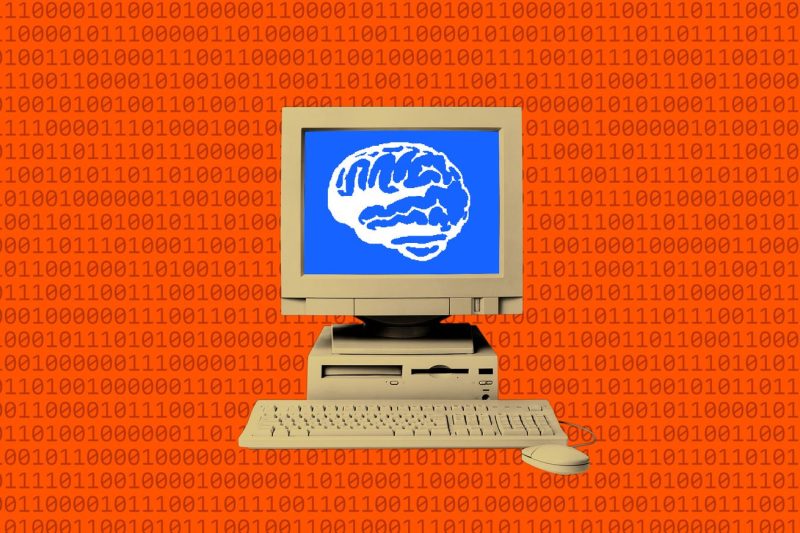Artificial Intelligence (AI) is a rapidly advancing field that is spreading its influence far and wide, even to unexpected places like the Raspberry Pi. The Raspberry Pi, a small but powerful single-board computer, has been a favorite among tech enthusiasts, educators, and hobbyists for its versatility and affordability. Now, thanks to the advancement in AI technology, the Raspberry Pi is getting a makeover that will enable it to perform complex AI tasks, opening up a whole new world of possibilities.
One of the key ways in which AI is being integrated into the Raspberry Pi is through the use of AI software frameworks. These frameworks, such as TensorFlow and OpenCV, allow the Raspberry Pi to harness the power of machine learning and deep learning algorithms to process data, make decisions, and even learn from its experiences. This means that the Raspberry Pi can now be used for a wide range of AI applications, from image recognition and natural language processing to robotics and automation.
One of the most exciting developments in the field of AI on the Raspberry Pi is the ability to build and deploy custom AI models directly on the device. This opens up new opportunities for developers and hobbyists to create AI-powered projects without the need for expensive hardware or cloud-based services. With the Raspberry Pi’s low cost and energy-efficient design, it is now easier than ever to experiment with AI and bring new ideas to life.
Another key advantage of integrating AI into the Raspberry Pi is the potential for offline processing. By running AI models directly on the device, users can perform complex computations and make real-time decisions without requiring an internet connection. This opens up new possibilities for applications in remote locations, edge computing, and internet-of-things (IoT) devices where internet connectivity may be limited or unreliable.
Furthermore, the integration of AI into the Raspberry Pi is helping to bridge the gap between traditional computing and AI. By making AI more accessible and affordable, the Raspberry Pi is democratizing AI technology and enabling more people to explore its potential. This is fostering a new generation of makers, tinkerers, and innovators who are pushing the boundaries of what is possible with AI and the Raspberry Pi.
In conclusion, the integration of AI into the Raspberry Pi is a game-changer that is unlocking a world of new possibilities for developers, educators, and enthusiasts. With the power of AI software frameworks, custom model deployment, offline processing capabilities, and affordability of the Raspberry Pi, the future of AI on this small yet mighty device looks bright. As AI continues to evolve and advance, we can expect to see even more exciting applications and innovations emerge from the fusion of AI and the Raspberry Pi.

